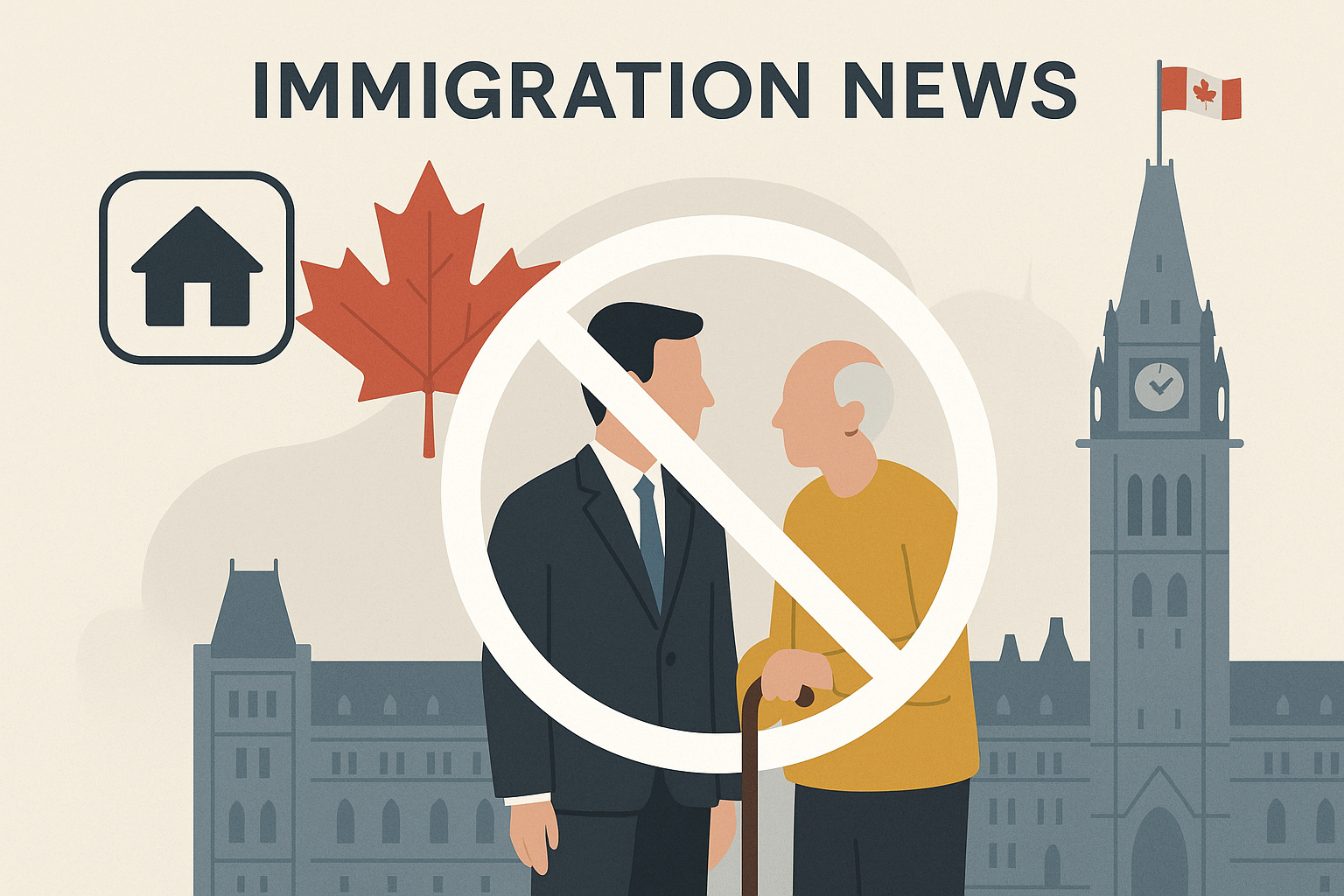
Effective Sept 1, 2025, IRCC raises study-permit proof-of-funds for applications outside Quebec; single-applicant annual minimum is CAN$22,895 (excludes tuition and transportation). Scaled family amounts increased accordingly—policy aims to better reflect living costs but may raise financial barriers for lower-income students.
Soheil Hosseini
September 1, 2025
Jurisdiction
All Provinces
Week
Week 36
Impact
High
Programs Affected
IRCC Raises Minimum Settlement Funds for International Students; Single-Applicant Minimum Now $22,895 Effective Sept. 1, 2025
Summary: Effective 2025-09-01, IRCC has increased the minimum settlement funds international students must demonstrate for study permit applications across Canada (excluding Quebec), with a new single-applicant minimum of CAN$22,895, not including tuition or transportation. Immigration, Refugees and Citizenship Canada (IRCC) has increased the minimum settlement funds required for international students applying for a Study Permit. The change applies to applications submitted on or after 2025-09-01 and covers all provinces and territories except Quebec. Source: IRCC. IRCC clarified that these amounts are calculated on a yearly basis and do not include tuition or transportation costs. Applicants must also demonstrate how they will finance the full duration of their studies. Key amounts required per year (excluding tuition and transportation; CAN$):
- 1 person (including the applicant): $22,895
- 2 people: $28,502
- 3 people: $35,040
- 4 people: $42,543
- 5 people: $48,252
- 6 people: $54,420
- 7 people: $60,589
- Each additional family member beyond 7: +$6,170 Applies to: Study Permit applicants filing on or after 2025-09-01 in all provinces and territories except Quebec (which maintains separate financial requirements).
Analysis: The higher settlement fund thresholds will likely have mixed effects. On the positive side, they may better align proof-of-funds with the actual cost of living, supporting student well-being and program integrity. However, the increases could raise financial barriers, potentially reducing access for lower-income applicants and affecting overall application volumes. Institutions and students may need to adjust financial planning, particularly where multi-year study costs and family accompaniment are involved.
Date of update: 2025-09-01
Tags: Canada immigration, IRCC, study permit, international students, proof of funds, settlement funds, cost of living, Quebec exception, policy update, 2025 changes End of article.
Categories
Share This Post
Stay Updated with Immigration News
Get the latest updates on Express Entry draws, OINP invitations, policy changes, and more delivered to your inbox.
We respect your privacy. Unsubscribe at any time.
Related Articles

Parent and Grandparent Suspension
IRCC Ministerial Instructions effective Jan 1, 2026 suspend acceptance of new parent and grandparent PR and sponsorship applications until further notice. Up to 10,000 applications from the 2025 intake may be accepted into processing in 2026; details on the next intake will be announced later.

Study Permit: +90 Days
IRCC (Dec 22, 2025) now limits study permits for prerequisite programs to program length plus 90 days (down from program length plus one year), aligning with November 2024 regulatory changes. Students must plan transitions into main programs within 90 days or prepare for permit extensions; institutions may need to adjust admissions timing.

Foreign Workers Start Work
Canada’s temporary public policy (IRPA s.25.2), effective May 27, 2025, allows eligible temporary foreign workers in Canada to begin work for a new employer or occupation while a new TFWP or IMP work-permit application is pending. Workers must have valid temporary resident status, submit the work-permit application and an IRCC exemption request via the designated channel; approvals are discretionary and end when the application is decided or withdrawn.

Qatar Added to eTA
Canada has made Qatari nationals visa‑exempt and added Qatar to the eTA program; eligible travelers must obtain an eTA for air travel to Canada. This replaces the TRV for air arrivals and is intended to streamline short‑term travel and ties between the countries.